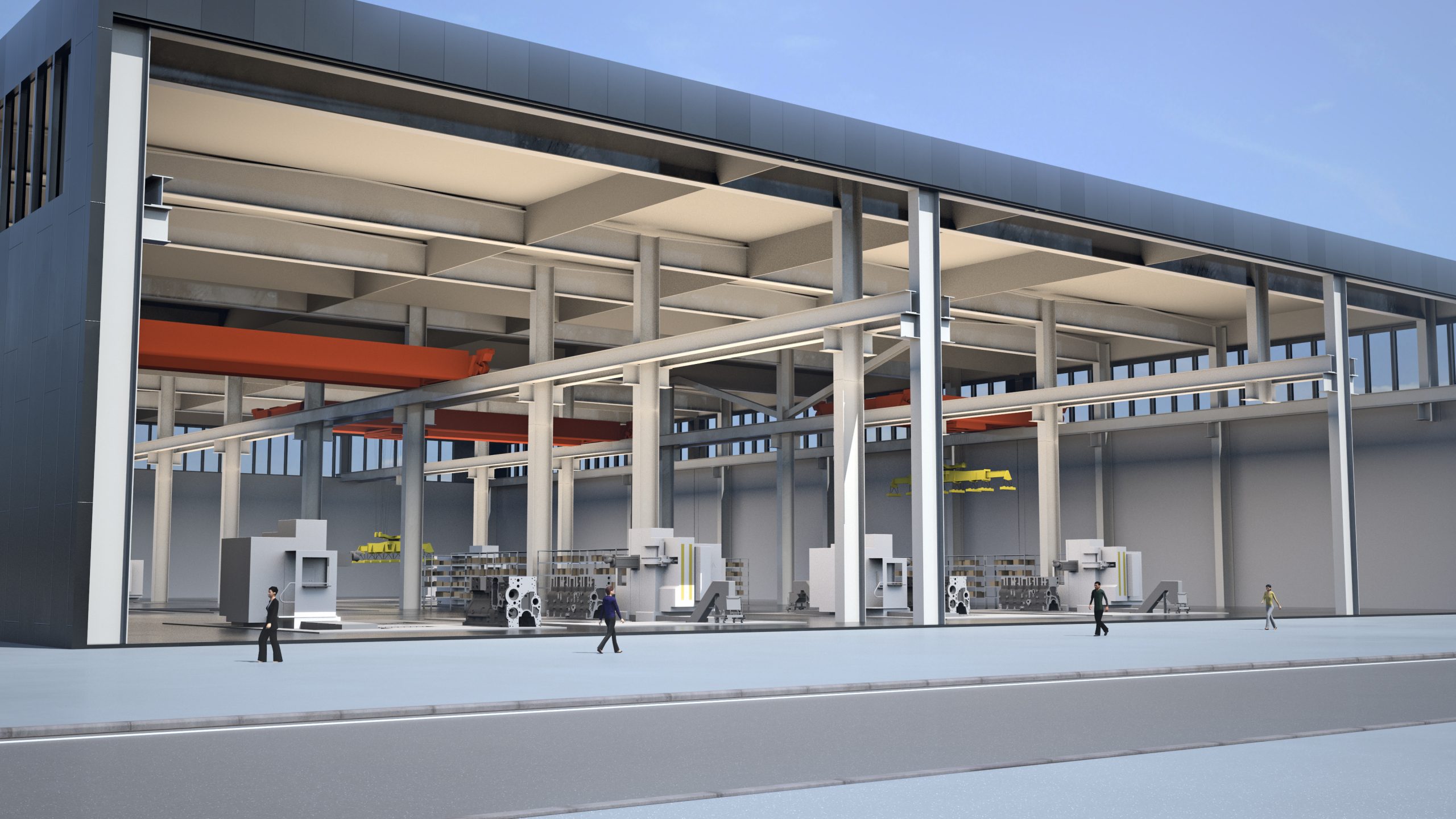
How can ambitious climate goals be achieved through collaboration between cities and businesses?

Businesses and cities work together to become carbon-neutral and resource-wise
carbon-neutral, trade and industry, SME, industrial area, climate projects, climate team, climate partners, climate commitment, SECAP, Blue Industry Park
Cities can support industrial areas, business networks and individual companies through various means and incentives to develop their activities to become carbon-neutral and resource-wise and contribute to building a carbon-neutral city. For companies, cooperation and networking can also offer new business opportunities, especially in operations related to resource wisdom and circular economy.
- Turku Shipyard, which employs 2,000 people, proves by way of example that carbon-neutral solutions matter on the scale of industrial areas.
- Four weeks of intensive training was a great way to introduce climate activities into companies and commit them to the city’s climate targets.
- Eight companies benefitted from the training, as it was customised to meet the needs of individual companies.
This solution is right for you if
- you are looking for ways to develop climate cooperation between the city and companies;
- you want to encourage the businesses in your industrial area to become carbon-neutral and resource-wise;
- you want to have access to a carbon-neutral and resource-wise training package. The package is suitable for instructors, research institutes, educational institutions, cities and entrepreneurial organisations that aim to provide companies with advice and training on carbon neutrality.
Basic facts
- The carbon-neutral and resource-wise business training package is an online course that can be implemented anywhere, anytime.
- Organisers: City of Turku, University of Turku and City of Helsinki.
- The training package contains a lot of material on carbon neutrality and resource wisdom as well as a section of materials on circular economy by Turku University of Applied Sciences.
- The course material has been piloted once, and this was used as the basis for a training package and instructions for organising a course.
- Length of the course: 1 month, four training sessions.
Companies play a major role in the achievement of climate targets in cities
Promoting carbon-neutral and resource-wise business operations on an industrial area scale can have a significant impact on the sectors that emit the most greenhouse gases. The city can achieve about half of the emission reductions required to meet the ambitious climate targets through its own activities. This concept presents ways in which cities can support industrial areas, networks and businesses to improve their operations.
A sustainable urban structure promotes carbon-neutral operations in companies
Emissions from the energy sector in Turku have decreased rapidly in recent years, while the relative share from other sectors has increased. Emissions from electricity and district heating will decrease further, while road transport will become the sector with the highest level of emissions. The coronavirus may affect traffic volumes and the popularity of sustainable modes of transport in the coming years.
The goal in designing a sustainable urban structure is an industrial area in which energy solutions are carbon-neutral or climate-positive and companies’ material logistics, staff and visitors move and operate in a low-carbon and resource-wise manner. Significant decisions are made at an early stage of planning, and many of them are linked to regional targets. Solutions that promote the principle of an emission-free construction site are also taken into account when building the area. It is important to offer guidance in the operational phase. For example, the terms of land transfer and strengthening of cooperation in the business network will commit companies to climate action.
Networks and information to support climate activities in companies
Networks built around urban climate targets (e.g. Climate partners, Turku Climate Team) are a natural context for supporting companies on their journey to carbon neutrality and resource wisdom. They are environments where companies can offer peer support to each other, learn and gain visibility for their climate actions. The networks’ activities can also be linked to ongoing projects, enabling the projects to better reach their target companies, while the companies receive up-to-date information and encouragement.
Demand for information and support has grown significantly, and projects concerning circular economy, resource wisdom and carbon neutrality have been launched to meet this demand. Since companies’ climate activities have an impact on emissions, the project results also improve the climate targets of the cities in which they operate. It is also considered important that synergies and communications are shared between various projects. An information sharing network, coordinated by the city, was set up for climate projects that focus on companies operating in the Turku area.
Intensive training courses boost climate efforts
An intensive course on carbon-neutral and resource-wise companies, Hiilineutraali ja resurssiviisas yritys, was organised to provide companies with information on carbon neutrality and how to communicate their sustainability-related activities. Companies in the Turku area were offered the opportunity to join the Turku Climate team, which they could also use in their communications. They could join the team by filling in a SECAP card, which describes the content and impact of a climate action and is published in the city’s climate action database.
Eight companies from different sectors attended the pilot course through the online platform and set out to make their operations carbon-neutral and resource-wise. As part of the course they were offered specific sessions that focused on an area for improvement chosen by each company. The training was based on circular economy materials by Turku University of Applied Sciences, and a lot of new material was produced for the Howspace platform. The companies provided a lot of feedback on the course, and it was modified on the basis of this feedback. Other operators offering training can use the course and the materials that were generated during the pilot course.
TAKE-HOME MESSAGES
- It is a challenge to offer the same course to companies from different backgrounds operating in different sectors as one set of materials does not work for all of them.
- Howspace is a great training platform, without which it would be difficult to arrange training or, at least, it would require more creativity.
- Companies that attend the courses must be offered constant guidance, so coordinating and facilitating require a lot of resources.
- It can be difficult to find anyone to bounce ideas off unless the companies are willing to pay for it.
- Companies that attend the course should be monitored and engaged in the city’s climate activities even after the training is over.
- Silent conversation, or communicating using messages, is an important part of online training, and there needs to be sufficient time for it during training sessions. It is necessary to make it easier for companies to become involved and they need to be provided with more information so that climate cooperation between cities and companies can develop.
How to organize the HNRY training for companies – Instructions
The Carbon-neutral and resource-wise business training
In January and February 2021, the HNRY project organized the Carbon-neutral and resource-wise business training for companies. The training was targeted for small and medium enterprises (SME) in the maritime and metal industries, as well as for logistics and port operator companies, but registration was still open to companies of all sizes and industries. The aim of the training pilot was to support SMEs on their way to carbon-neutral and resource-wise activities and to encourage them to participate in city’s climate work.
Participating companies were Arkea Oy, Flegma Oy, Finess Energy Oy, MuotoMyrsky Oy, Steveco Oy, Turku Kaupunkiliikenne Oy, Workenter and 3PLogistiikka Oy. The Southwestern Finland’s Joint Municipal Authority for Education and the Åbo Akademi University Foundation took part in training sessions giving valuable feedback for in further development of HNRY training. The training pilot received good feedback from companies.
The training was given in the form of online lectures and sparring sessions, including independent studies aiming to plan and advance the climate work within participating company. Trainers and some of the sparring partners were specialists in carbon neutrality and resource wisdom, communication and marketing. Many participants were sparred by their peer companies who are experienced in climate work.
Training comprised of four lectures common to all and three private sparring sessions. In the sparrings, the company was able to receive new information, motivation and peer support for development goals that were identified already in the registration questionnaire.
The training was arranged via Zoom web conferencing tool and the Howspace platform. Have a look at the HNRY training in Howspace.
The training material
The material is open for use for everyone and suitable for business training organized by cities, research institutes, educational institutions and entrepreneurial organizations, as well as for self-study. Also, the videos produced by the CarbonWise project as well as the Circular Economy Business training material produced by Turku University of Applied Sciences, are found from this page (marked as italics).
The Welcome section
Prior to the first training session, participants were instructed to familiarize themselves with the Howspace training platform. The objectives were introduced and instructions for using Howspace and Zoom were provided in this section.
The first training: Why corporate climate actions matter
- Welcome to the HNRY training (pdf)
- Lauri Larvus, Gaia Consulting: Sustainable business opportunities through climate work (video)
- Eero Yrjö-Koskinen, Central Chamber of Commerce: Presentation of the Climate Commitment
- A task: Company introduction – Write a short introductory text about the company you represent and the motivators for carbon neutrality and resource wisdom.
The second training session: Carbon footprint and sources of emission
- Maija Saijonmaa, Nordic Offset: Principles of Emission Calculation and Greenhouse Gas Compensation (video)
- Mari Saario, Gaia Consulting: Calculating the carbon footprint
- Company example: Valmet Automotive, Jaana Hänninen: How Valmet Automotive considers its carbon footprint in its strategy (video)
- Introductory videos of various counters and tools
- JAMIX carbon footprint counter
- One Click LCA Lifecycle Assessment Tool
- OpenCO2 counter
- Y-carbon
The third training course: Responsibility communication
- Kirsi Liira, Neste: How to communicate effectively about climate actions? (video)
- Maarit Jaakola, Turku University of Applied Sciences: Concepts of Carbon Wisdom (video)
- Successful responsibility communication for SME
- An eco-compass guide to environmental communication
- Homework: Prepare one slide and a five-minute speech to explain the most relevant matter you learned in the trainings and sparring sessions. Also present your company’s climate work development plan for future.
The fourth training session: What does the future hold?
- Ilmastoapu – Consultancy for companies
- Participating companies presenting their learnings and development plans
The circular economy material
This section consisted of materials produced in the Turku University of Applied Sciences’ Circular Economy in Business training.
The Closing session
This session included an evaluation and feedback form, information on the HNRY video series, and a preliminary invitation to the spring meeting “Climate coffee for companies”. The meeting included private discussion sessions for companies to assess the progress in their climate work.
More information about the training
Niina Ruuska, City of Turku, niina.ruuska@turku.fi, p. +358 40 358 9353
“Where can small operators find practical help for carbon accounting and offsetting? I’m sure that it would be possible to reduce emissions significantly simply by offering advice to companies and “holding their hands” at the start of the process.”
– Course participant
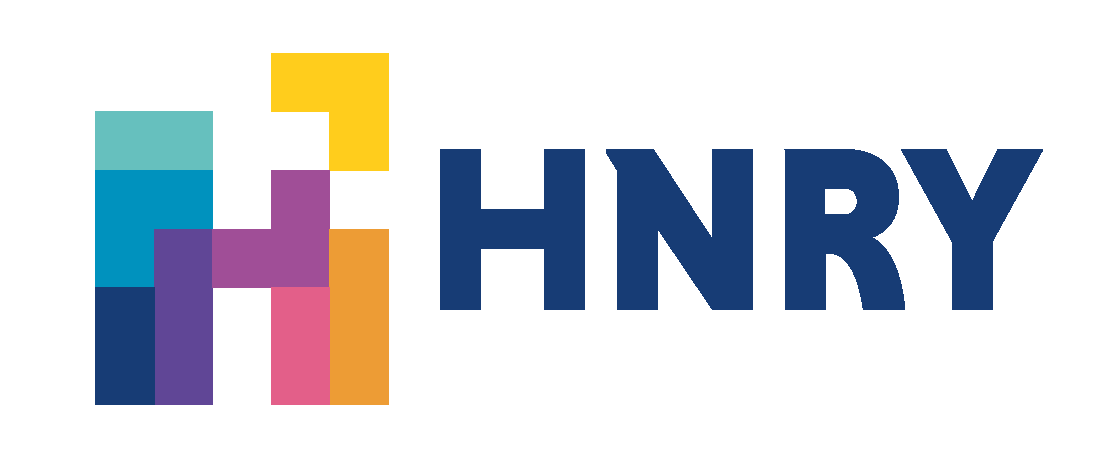

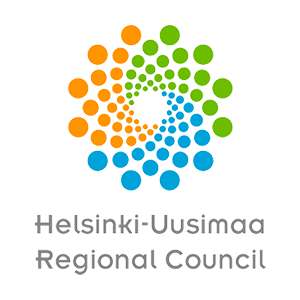
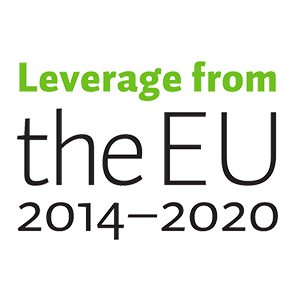
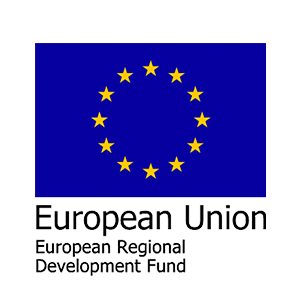
 Koulutuksen mainos: HNRY – Hiilineutraali ja resurssiviisas yritys -intensiivikoulutus
Koulutuksen mainos: HNRY – Hiilineutraali ja resurssiviisas yritys -intensiivikoulutus